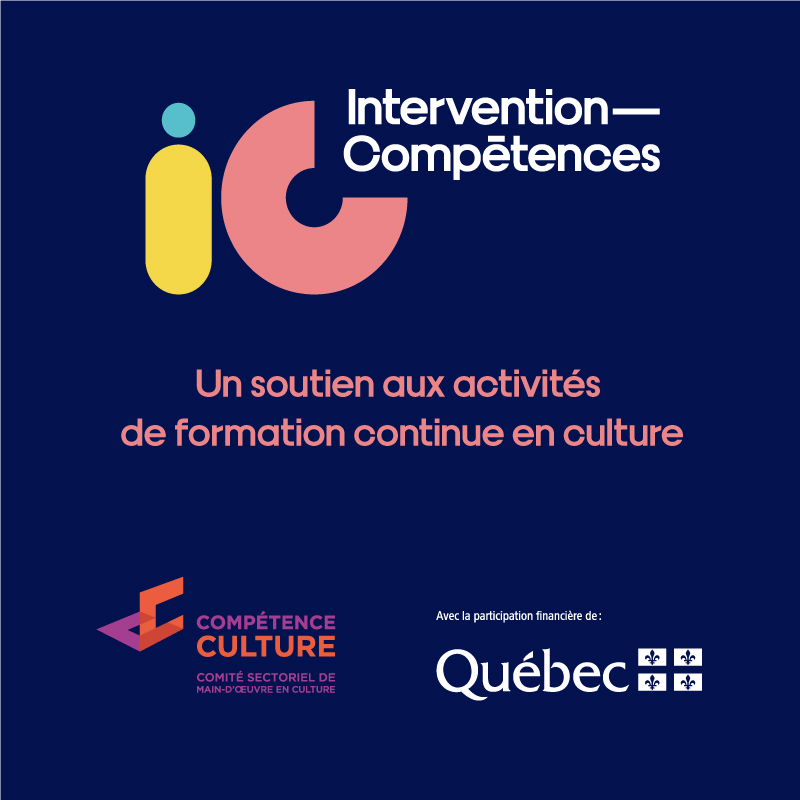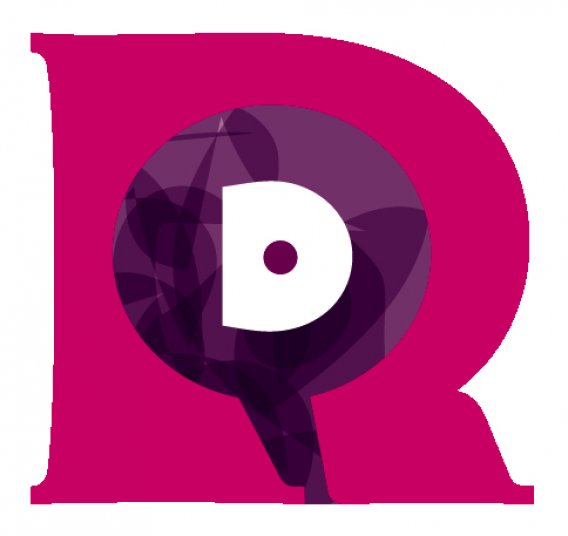Live editing and hybrid events – REPAIRE
The past few years have seen the use of webcasting technologies reach unprecedented heights. Now, many new easy-to-use and affordable audio, video and software equipment are available. They thus offer artists the possibility of easily using webcasting, whether live or delayed. This technology can not only serve as a complementary tool to a work, but can also be considered as a creative medium generating its own artistic language. Moreover, in addition to being a remarkable archiving tool, it can be integrated into face-to-face events in order to bring together speakers and performances remotely.
During this training, participants will examine different types of webcasting, from the simplest and free on social networks to webcasts using a multi-camera control room and paid platforms. We will present the economic models relating to the different formulas, as well as the necessary equipment and software.
Objectives
- Webcast with a phone or camera via free social media platforms.
- Distinguish the advantages and disadvantages of the different dissemination platforms and definethose that would be the most appropriate for their artistic projects.
- Explore multi-camera webcast production with Blackmagic ATEM MINI.
- Webcast within the Isadora multimedia software.
Who can benefit from this training?
The training is intended for any type of creator, designer or cultural worker in Montreal wishing to integrate webcasting into their professional practice.
Material required
Laptop and smart phone.
Instructor
Armando Menicacci is an artist, researcher and teacher in the visual arts, dance and new media. His work takes the form of plastic, performative and editorial productions revolving around the relationship between the arts, expressive corporeity and technology. He holds a PhD on the relationship between contemporary dance and digital technologies (Paris 8), where he founded and directed the Médiadanse laboratory between 1999 and 2009.
Professor in UQAM’s Dance Department between 2015 and 2019, he set up the Dance and Technology program there, while directing, between 2017 and 2019, the first research axis of the Hexagram strategic grouping around questions of performativity, embodiment in interface with digital technologies.
He is a founding member of UQAM’s Laboratoire LAVI (Laboratoire Arts Vivants Interdisciplinaires), funded by the Canadian Foundation for Innovation and dedicated to research-creation in dance at the crossroads of science, technology and health.
Questions?
Contact Maude Thibault Morin
Training Coordinator
514 527-5116
formation@repaire.art
This training program, offered by the Regroupement de pairs des arts indépendants de recherche et d’expérimentation (Repaire) in collaboration with the Conseil de la formation continue Arts et culture de l’Île-de-Montréal (CFC), the Conseil québécois du théâtre (CQT) and the Regroupement québécois de la danse, is made possible thanks to the financial support of the gouvernement du Québec, through the Intervention-Compétences program administered by Compétence Culture.




